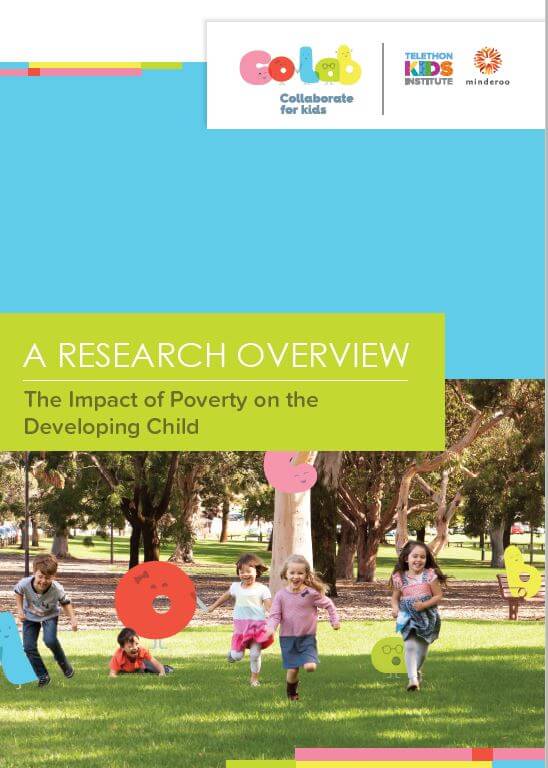Search

News & Events
Meet the Researcher: Hannah MooreAfter 20 years at the Institute, Hannah’s career has been a whirlwind of discovery and dedication.

Positive mental health, flourishing, and resilience to stress are not only critical to the overall wellbeing of a person but also their physical health, affecting both chronic and acute health conditions

Early childhood is increasingly recognised as a critical time for the development of executive function.
The early years of life are characterised by significant opportunity, rapid change and accelerated development which is unparalleled by any other stage.
The harmful consequences of growing up amidst adversity provide a compelling reason for intervening to improve young children’s outcomes.
Research
Impact of Repeat Pertussis Vaccination on Infant and Maternal Antibody QualityRuth Peter Thornton Richmond PhD MBBS MRCP(UK) FRACP Co-head, Bacterial Respiratory Infectious Disease Group (BRIDG) Head, Vaccine Trials Group
Research
Implementation of on-line training modules in paediatric Aboriginal lung healthAndré Schultz MBChB, PhD, FRACP Head, BREATH Team Head, BREATH Team Prof André Schultz is the Head, BREATH Team at The Kids Research Institute
Research
Implementing Telehealth support to increase physical activity in girls and women with Rett syndromeHelen Jenny Leonard Downs MBChB MPH BApplSci (physio) MSc PhD Principal Research Fellow Head, Child Disability +61 419 956 946 08 6319 1763

Research
Infants removed by Child Protection: Nature, extent and impactThis study aims to increase knowledge about the nature, extent and impact of removals, repeat removals and entries of new babies into the care system.
Research
Integrate, Identify, Intervene (Triple I Project): Identifying opportunities for preventing respiratory infections in children through integrating population-based health and laboratory dataChristopher Hannah Blyth Moore MBBS (Hons) DCH FRACP FRCPA PhD OAM BSc (Hons) GradDipClinEpi PhD Centre Head, Wesfarmers Centre of Vaccines and
